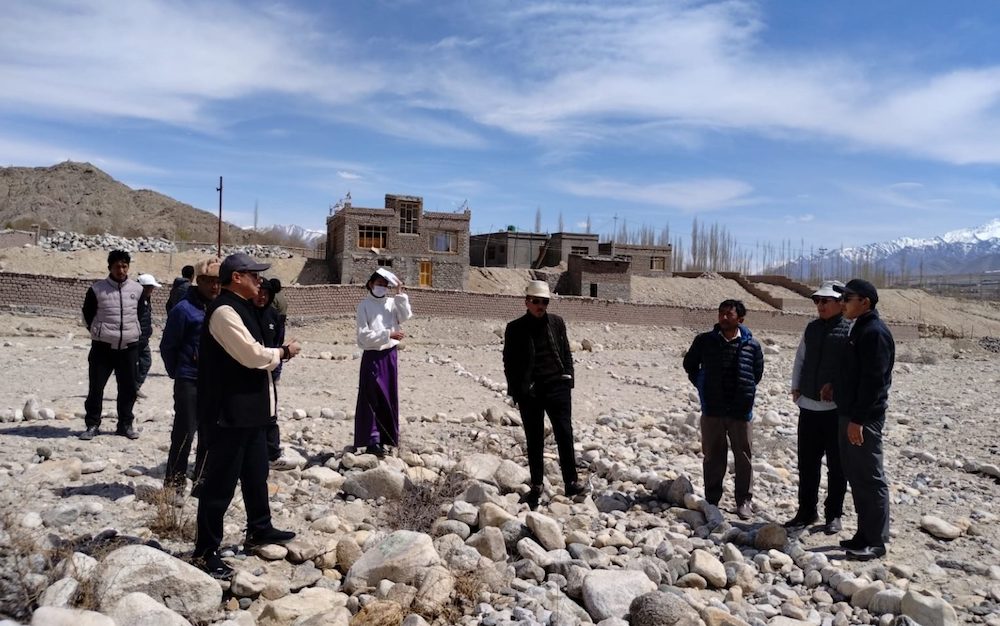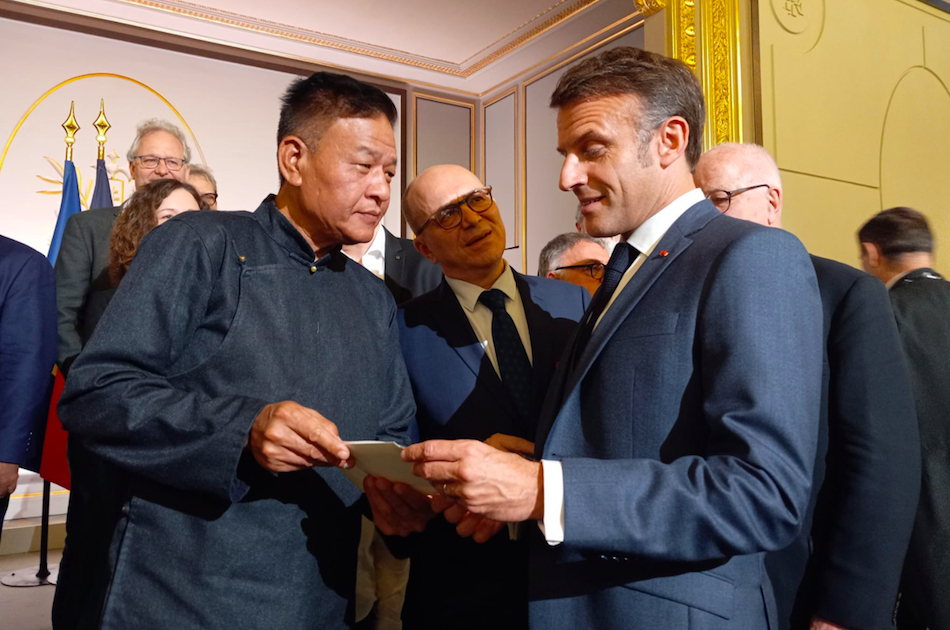 SRINAGAR, India – Indian Kashmir’s main opposition leader, sharing a rare podium with separatists, charged that New Delhi had “sold” the Tibetan and Palestinian causes and that this did not bode well for Kashmiris.
SRINAGAR, India – Indian Kashmir’s main opposition leader, sharing a rare podium with separatists, charged that New Delhi had “sold” the Tibetan and Palestinian causes and that this did not bode well for Kashmiris.
Omar Abdullah — head of the National Conference party — criticised the Indian government for recognising Tibet as an autonomous region of China during Prime Minister Atal Behari Vajpayee (news – web sites)’s visit to China last week.
“I dare say that if it suited them (the Indians) they would sell Jammu and Kashmir, the way recently they sold Tibet,” said Abdullah, 33, whose long-ruling party was ousted in provincial elections last year.
“We sold Palestine in our desire for friendship with Israel. We sacrificed 50 years of foreign policy of support to the Palestine cause,” he said, referring to New Delhi’s establishment of diplomatic ties with Israel in 1993 and subsequent warming ties.
“If it benefits (the) government of India they would sell Kashmir as well,” he said.
“But it won’t because after that it would not be able to sell itself as a secular country,” he added.
During Prime Minister Atal Behari Vajpayee’s visit to China last week, India and China signed a joint declaration which included a phrase stating that the Tibet Autonomous Region was a part of China.
The phrase was interpreted in the media here and in China as a shift in the Indian position.
However, Vajpayee and the Indian foreign office have claimed that there was no change in the Indian stand, which has remained the same for decades.
Abdullah used to be a prominent spokesman for the Vajpayee government’s foreign policy, serving as junior foreign minister until the National Conference’s election debacle. He remains a member of the Indian parliament.
Abdullah said he would welcome US mediation on Kashmir, a move which has been repeatedly rejected by India.
“If the solution is being forced (by the United States) let it be,” he said. “They (India and Pakistan) have failed to resolve it bilaterally.”
Kashmir is divided and claimed in full by both India and Pakistan. The Indian side has been in the throes of an insurgency since 1989 which has left at least 38,000 people dead, or twice that according to separatists.
Abdullah said a “viable solution” would be for Kashmir to be autonomous within India, a status it enjoyed until 1953 with control over all matters except defence, communications and external affairs.
In 2000 the state assembly — led by the National Conference then headed by Abdullah’s father Farooq Abdullah — adopted a resolution demanding autonomy, which was summarily rejected by New Delhi.









